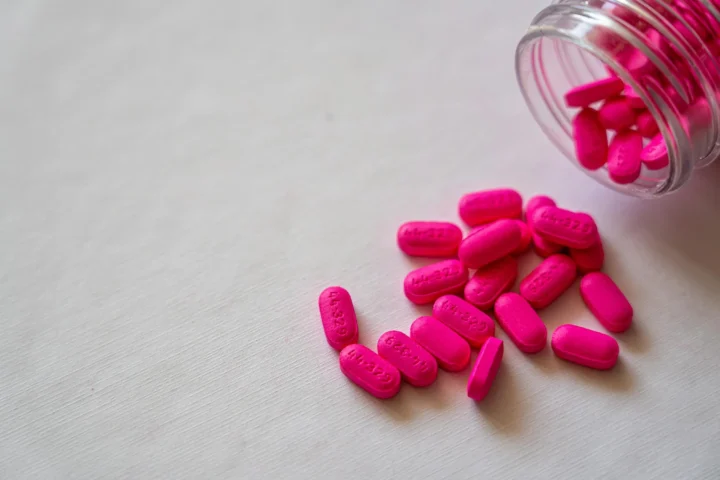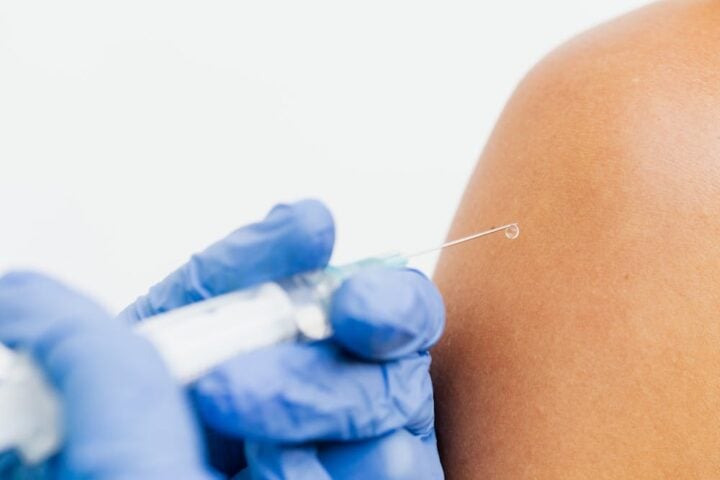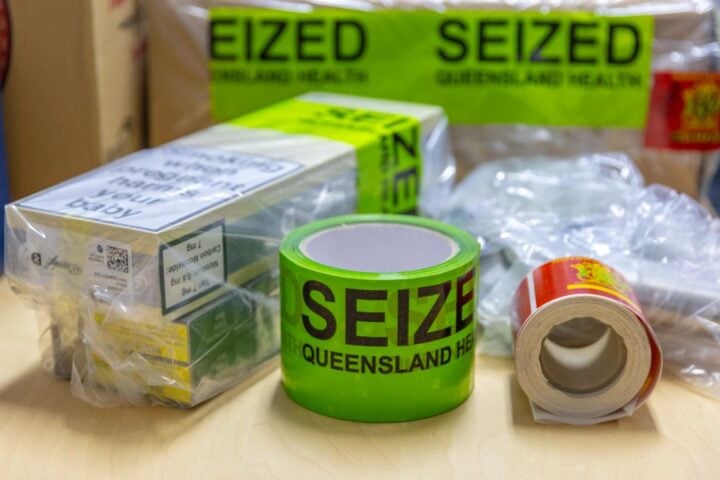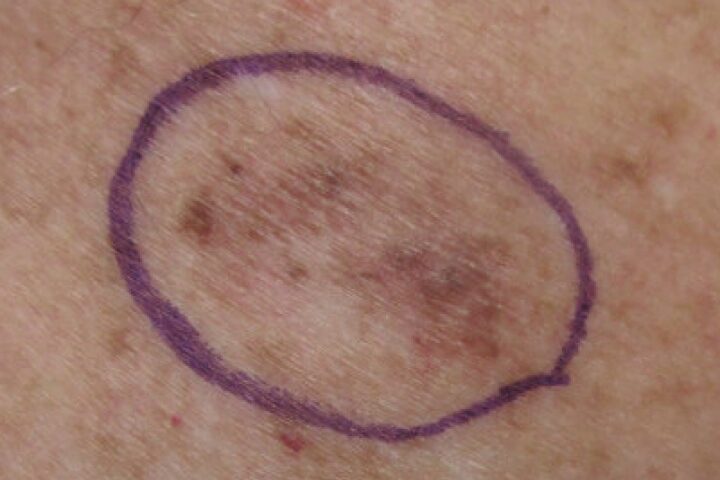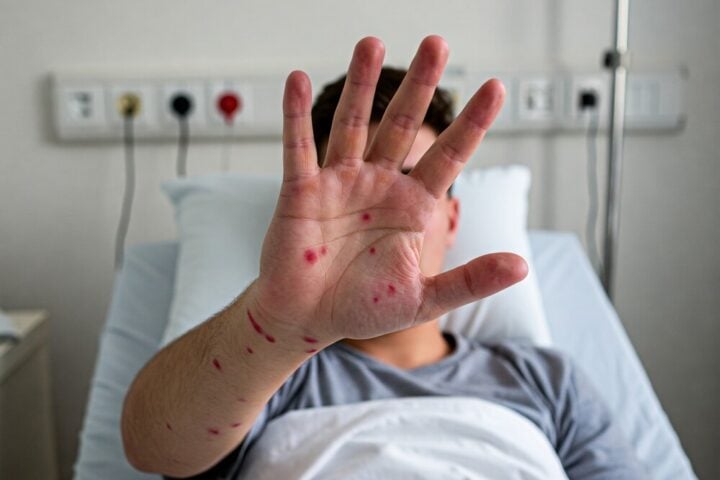The public is checking their financial health far more regularly than their physical health, according to a new NHS survey that has prompted urgent calls for change from leading health officials.
Only four in ten Brits (39%) examine their bodies for potential cancer signs at least once every three weeks, while a staggering 80% regularly monitor their bank balances. Weather forecasts (70%), sports results (42%), and TV listings (41%) all receive more attention than bodily changes that could signal serious illness.
“It is so important to know what is normal for you, although we all find a host of other things to think about rather than checking for any changes in our bodies,” says Professor Peter Johnson, National NHS Cancer Director. “That’s why I want to encourage everyone to make it a part of your routine – finding a way that works for you might just save your life.”
The survey of 2,000 people revealed significant gaps in cancer symptom awareness. While 78% felt confident they could recognize bodily changes, many couldn’t identify key warning signs. Most concerning was that 79% didn’t recognize persistent heartburn as a potential cancer indicator. Over half (55%) failed to identify blood in urine as a warning sign, 49% didn’t recognize unexplained weight loss, and 42% were unaware that an unexplained lump could signal cancer.
Early detection remains crucial for successful treatment. Thanks to improved awareness and detection methods, the NHS now diagnoses and treats more cancers at earlier stages than ever before. Recent data shows nearly three in five patients with common cancers like breast, prostate, and lung are now diagnosed at stages 1 or 2, when treatment is more effective and survival rates higher.
Similar Posts
Monthly figures published last week show more than four-fifths of patients received either an all-clear or definitive cancer diagnosis within four weeks of an urgent referral – the highest proportion on record.
The human impact of early detection is clear in survival stories. Rob McPherson, a Manchester amateur footballer who survived bowel cancer after seeking help for persistent stomach troubles, urges others not to delay getting checked. “My story shows that cancer can affect anyone no matter how active you are,” he says. “Thanks to the brilliant care I received from the NHS, I am now cancer-free and able to do the things I love.”
Similarly, Sam Ritchie, an A&E Operations Manager and single mother of two, noticed a breast rash in 2023 that prompted her to see her GP. Quick action led to diagnosis, treatment, and the all-clear within months. “I am so glad I listened to my body when I felt something wasn’t right and acted quickly,” she says.
The NHS has partnered with supermarkets and leisure centers to normalize body awareness, placing cancer information on everyday items like toilet paper and toothpaste, and installing reminder stickers in gym changing rooms and bathrooms.
Key cancer symptoms to watch for include:
- Unexplained lumps anywhere on the body
- Changes in moles (color, shape, itching, bleeding)
- Blood in urine or stool
- Unexpected bleeding
- A persistent cough or change in existing cough (3+ weeks)
- Mouth ulcers that don’t heal
- Persistent digestive issues
- Unexplained tiredness
- Frequent heartburn or indigestion
Owen Carter from Macmillan Cancer Support emphasizes: “Getting signs and symptoms checked by a GP is crucial if you may be concerned about changes in your body. It is important to remember that symptoms do not always mean you have cancer, but it’s good to get them checked out.”

For those awaiting tests or needing support, Macmillan offers a free support line at 0808 808 00 00.
Frequently Asked Questions
Very common. According to NHS research, 79% of people don’t recognize persistent heartburn as a potential cancer sign, 55% fail to identify blood in urine, and 49% overlook unexplained weight loss. Most Brits (61%) don’t regularly check their bodies for changes, despite early detection significantly improving treatment outcomes.
Key warning signs include: unexplained lumps anywhere on your body, changes in moles (color, shape, itching or bleeding), blood in urine or stool (even just once), unexpected bleeding, persistent cough lasting over 3 weeks, non-healing mouth ulcers, ongoing digestive issues, unexplained tiredness, and frequent heartburn or indigestion. The NHS recommends checking your body at least every 3 weeks.
This likely stems from several factors: immediate financial concerns feel more urgent than potential health issues, fear of finding something wrong can lead to avoidance, and people may lack awareness about how to properly check for symptoms. The NHS survey found 80% regularly check their bank balance compared to just 39% who examine their bodies regularly.
Early detection dramatically improves outcomes. Recent NHS data shows nearly 3 in 5 patients with common cancers like breast, prostate and lung are now diagnosed at stages 1 or 2, when treatment success rates are significantly higher. Early detection often means less invasive treatment options and much better survival rates.
The NHS has partnered with supermarkets and leisure centers to place cancer information on everyday items like toilet paper and toothpaste. They’ve installed reminder stickers in gym changing rooms and bathrooms, and launched public awareness campaigns. The goal is to make checking for cancer symptoms as routine as checking your bank balance or the weather forecast.
If you notice concerning changes in your body, contact your GP as soon as possible. For additional support while awaiting tests or diagnosis, Macmillan Cancer Support offers a free support line at 0808 808 00 00. Remember, most symptoms don’t turn out to be cancer, but early checking is crucial either way.








